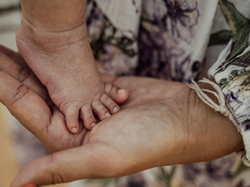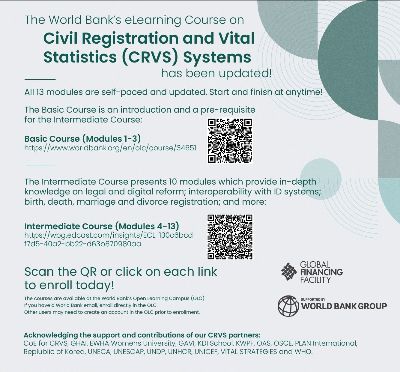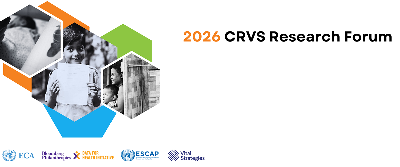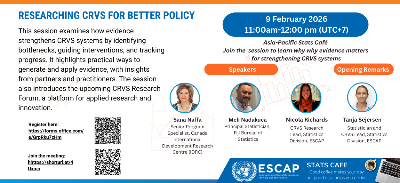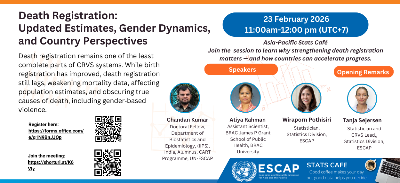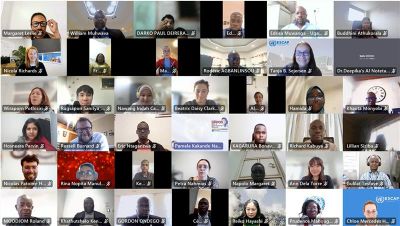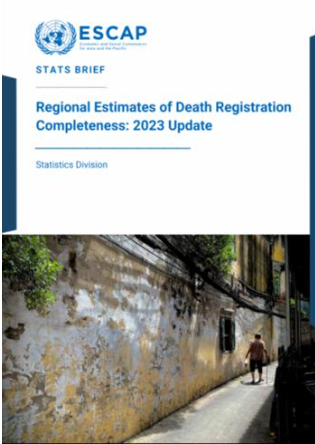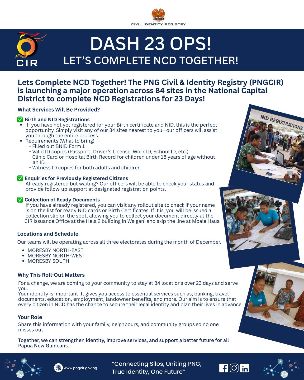(Newsletter: CRVS Insight September (2) 2022)
This paper was published in JMIR Public Health and Surveillance Vol 8, No 8 (2022): August
A pilot study was conducted in Bangladesh in 2016 in 2 sub-districts to understand whether accurate, timely, and complete information on births and deaths can be collected and notified by facility-based service providers; community health workers, including those who routinely visit households; local government authorities; and key informants from the community.
The innovative system gathered 13,377 notifications for births and deaths from all channels, including duplicate reports from multiple sources. Project workers were able to verify 92% of the births and 93% of the deaths through household visits. The household survey conducted among a subsample of the project population identified 1204 births and 341 deaths. After matching the notifications with the household survey, we found that the system was able to capture over 87% of the births in the survey areas. Health assistants and family welfare assistants were the primary sources of information. Notifications from facilities were very low for both events.
Conclusion: The pilot innovation reiterated the importance of building an evidence base for improving civil registration and vital statistics and also revealed that it is possible to coordinate with the routine health information system to note births and deaths as the first step to ensure registration. Health assistants could capture more than half of the notifications as a stand-alone source.


